Description
Qu’est-ce que le Sencha?
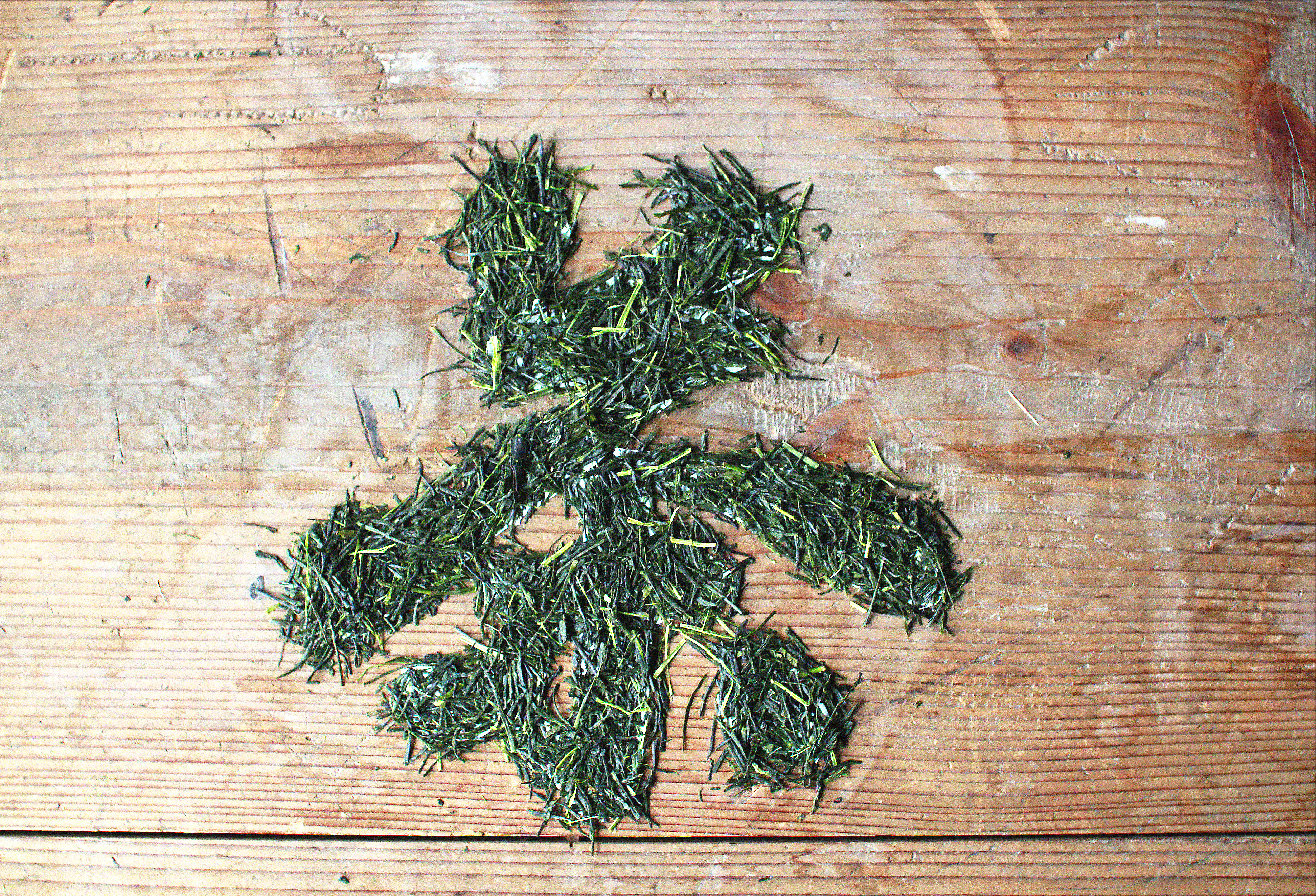
Le Sencha (煎茶), ou littéralement «thé infusé», fût inventé en 1835 et est aujourd’hui le type de thé le plus courant et populaire au Japon. Représentant plus de 80% de tout le thé vert du pays, il est unique par sa couleur émeraude distinctive et son goût végétal herbacé.
Après la récolte, les feuilles de thé sont immédiatement passées à la vapeur afin de stopper le processus d’oxydation. Cette étape cruciale permet de préserver tous les arômes frais et printaniers de la feuille, faisant du Sencha le thé symbole de printemps par excellence pour les Japonais. Les feuilles subissent ensuite tout un processus de roulages et de séchage, pour résulter en un magnifique thé de fines aiguilles.
Profil de l’agriculteur
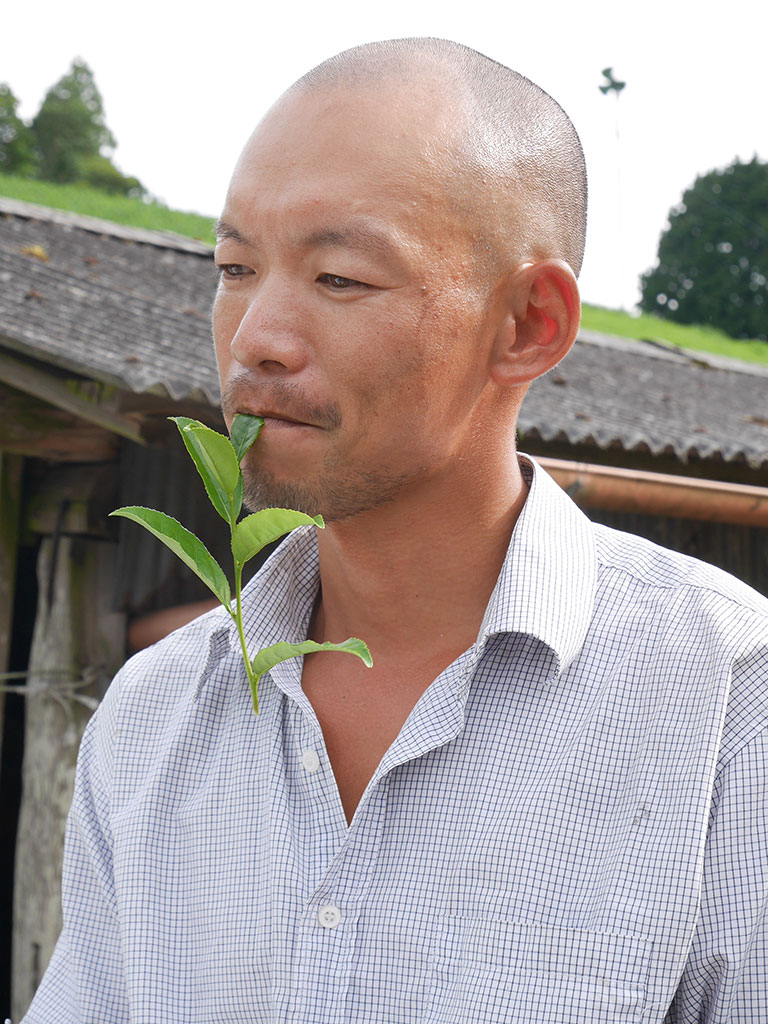
Akihiro Kita dit « Akky » est le président et l’exploitant agricole principal d’Obubu Tea Farm.
La création d’Obubu Tea est à l’origine de son désir de rendre le thé japonais accessible à tous !
Lors de ses années à l’université, Akky s’est fait engager en tant qu’employé saisonnier dans le village de thé de Wazuka et … ce fût le coup de foudre!
Il prit alors la décision de quitter l’université pour consacrer tout son temps à maitriser l’art de la culture du thé en devenant lui-même producteur.
Prenant conscience de l’envie et du besoin des agriculteurs indépendants tel que lui de partager la joie que procure une simple tasse de thé, il voyage depuis tous les ans durant la période hivernale pour diffuser sa passion pour le thé japonais avec des gens du monde entier.
Méthodes de fabrication et guide d’infusion


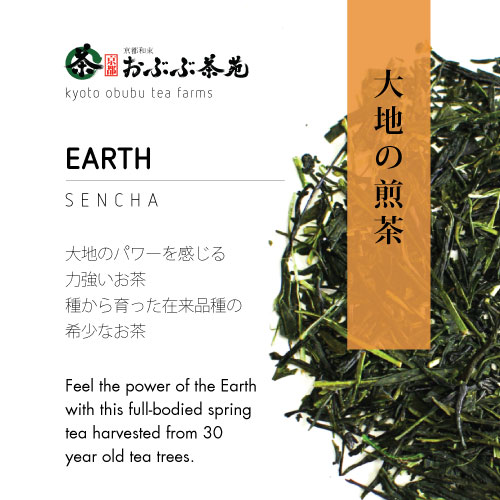
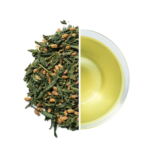
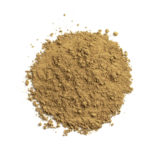
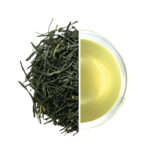
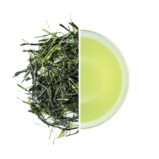
Obubu Tea –
Reviews by tea professionals and enthusiasts:
« The brewed leaves smelled like nice steamed vegetables, maybe asparagus as another reviewer noted. The first steep was a bit bitter with nutty and piney notes and a sweet grassy honey finish. Reaaaally good. This one was pretty powerful as well. I’m sure it wasn’t just this tea, as I had been drinking quite a bit before this one as well, but I noticed myself just trance out listening to whatever house-type beats my brother happened to be playing for a couple minutes at a time. Good times. Next steep was less bitter, but also not quite as sweet on the finish if that makes any sense » – Matu, 2016
» The aroma of the soggy leaves is so green! It smells like crisp bamboo leaves, clover leaves and flowers, edamame, and sea air, it smells to me like summer. The liquid is light and sweet, like clovers and honey with distant cut grass and broken vegetation, it smells refreshing » – Amanda Freeman, 2016
» The golden infusion has a buttery, peppery, nutty aroma with notes of cooked edamame. The taste is moderately astringent, green, savory, and nutty.
While it was enjoyable after being steeped for 2 minutes, a shorter steeping time did bring out more savory qualities » – Heather Porter, 2016
« This one tastes and smells strongly of honey. In addition to the honey, this also has some strong umami and grass notes, with a noticeable but pleasant bit of bitterness » _ Anlina, 2014
« Flavour is sweet and grassy with light floral tones. Subtle strength overall with a minimal dry after taste. Slightly bitter and crisp » – Kayleigh, 2014
It was a fresh vegetal tone with a spice and mineral undertone. It gave me a powerful tingling mouthfeel with soft and warm umami. This reminds me of the smooth tones of the earth. It tastes of early buds, first leaves, young roots, small pebbles, and light ocean waves with a little sunshine. The next brew the flavors aged and became more prominent. The liquor also turned into a serpentine jade » –haveteawilltravel, 2014
“Very different from any other sencha I have tried. Complex, rich, and interesting. I would especially recommend this for people who don’t like the fresh grassy and seaweedy tones of sencha, because it had the least of these characteristics of among any sencha I’ve tried. It was ever-so-slightly more oolong-like.”- by Alex Zorach, 2013
“This is a fantastic Sencha. Each time I try a tea from Obubu I am impressed by the flavor. No exception with this tea. There is an earthiness to this Sencha that I don’t think I’ve experienced in another Sencha. It also has a charming spice note to it that is quite good. Certainly one of the most interesting and unusual Sencha teas I’ve tasted recently, and I am really liking it.” – by LiberTEAS, 2011
“This tea is appropriately named, because there is also an earthy quality to the flavor of this tea that I don’t think I’ve ever experienced before with another Sencha tea. With this earthy note and grassy tones, this tea truly is a Sencha of the Earth!” – by Sorori Tea Sisters, 2011
“I was pleasantly surprised with the earthy taste that this tea has, it really is worth trying.” – by 365 Days of Tea, 2011
Michelle (verified owner) –
This is a pleasant tea with grassy and light umami flavors and a nice lingering finish. Light to medium body. No bitterness, astringency, or off flavors.
adamvanscooter (verified owner) –
A rich and earthy sencha, with a little sweetness as well; a great choice if you are looking to try something new!